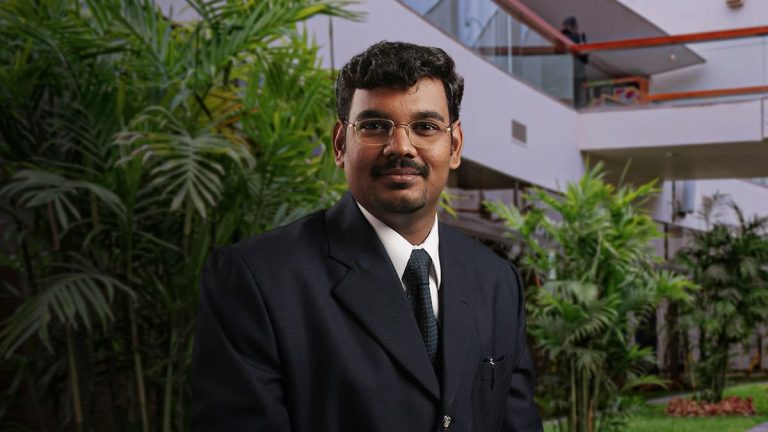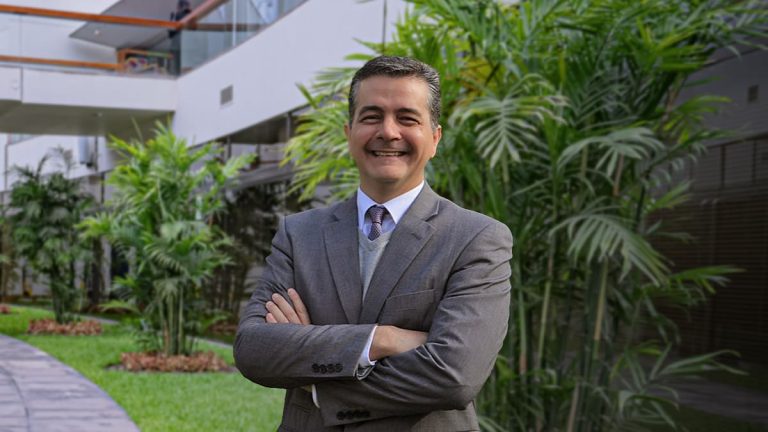Introduction: In response to increasing global food insecurity, resilient, circular, and sustainable practices hold significant potential to enhance food supply chain performance and reduce food loss. This study examines the current practices and key challenges faced by Peruvian smallholder farmers in managing a resilient, circular, and sustainable food supply chain, proposing a hybrid model that integrates ancestral agricultural knowledge with modern innovations.
Methods: Using a qualitative approach, in-depth interviews were conducted with 16 smallholder farmers from various regions of Peru. Participants were selected through purposive sampling, focusing on farmers who apply organic agricultural techniques. Data were analyzed using content analysis techniques supported by ATLAS.ti 23 software to identify patterns in practices and challenges.
Results: The findings reveal that farmers operate within short supply chains, without intermediaries, applying intuitive practices aligned with circular economy principles, including Rethink, Redesign, Reduce, Replace, Reuse, Repurpose, and Recycle, but excluding Recovery. While social and economic dimensions are prioritized, current practices are insufficient to ensure long-term sustainability. Key challenges include technological limitations, restricted market access, and low consumer awareness.
Discussion: A hybrid model is proposed, combining resource-efficient technologies with culturally rooted practices, fostering multi-stakeholder collaboration. This approach addresses identified gaps and contributes to food security, environmental sustainability, and the achievement of Sustainable Development Goals 1 (No Poverty), 2 (Zero Hunger), and 12 (Responsible Consumption and Production).



